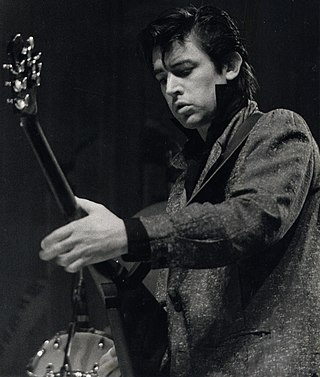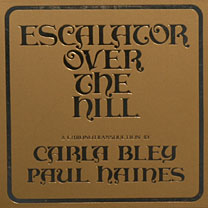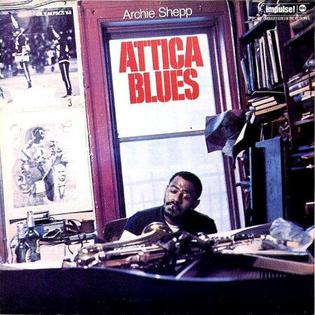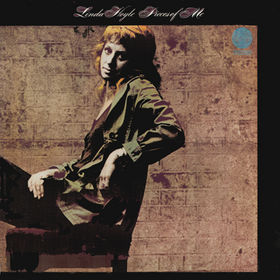
Christopher John Spedding is an English guitarist and record producer. In a career spanning more than 50 years, Spedding is best known for his studio session work. By the early 1970s, he had become one of the most sought-after session guitarists in England. Spedding has played on and produced many albums and singles. He has also been a member of eleven rock bands: the Battered Ornaments, Frank Ricotti Quartet, King Mob, Mike Batt and Friends, Necessaries, Nucleus, Ricky Norton, Sharks, Trigger, and the Wombles. In May 1976, Spedding also produced the first Sex Pistols recordings.

Sir Karl William Pamp Jenkins,, HonFLSW is a Welsh multi-instrumentalist and composer. His best known works include the song "Adiemus", Palladio (1995), The Armed Man (2000), his Requiem (2005) and his Stabat Mater (2008).

Just Won't Burn is the second studio album by American blues artist Susan Tedeschi, released in 1998. This album had national success in 1998.
Ian Carr was a Scottish jazz musician, composer, writer, and educator. Carr performed and recorded with the Rendell-Carr quintet and jazz-fusion band Nucleus, and was an associate professor at the Guildhall School of Music and Drama in London. He also wrote biographies of musicians Keith Jarrett and Miles Davis.
Nucleus was a British jazz-fusion band, which continued in different forms from 1969 to 1989. In 1970, the band won first prize at the Montreux Jazz Festival, released the album Elastic Rock, and performed both at the Newport Jazz Festival and the Village Gate jazz club.

Bundles is the eighth studio album by the jazz-rock band Soft Machine, released in 1975.

Septober Energy is the only album of the jazz/progressive rock big band Centipede. Produced by Robert Fripp under the musical direction of Keith Tippett, it was originally released 1971 in the UK as a double LP, and 1974 in the US with a different cover. The album was recorded at Wessex Studios, London during three days in June 1971. The album is a four-part suite consisting of four tracks of about 20 minutes each.

Centipede were an English jazz/progressive rock/big band with more than 50 members, organized and led by the British free jazz pianist Keith Tippett. Formed in 1970, it brought together much of a generation of young British jazz and rock musicians from a number of bands, including Soft Machine, King Crimson, Nucleus and Blossom Toes.

Escalator over the Hill is mostly referred to as a jazz opera, but it was released as a "chronotransduction", with "words by Paul Haines, adaptation and music by Carla Bley, production and coordination by Michael Mantler", performed by the Jazz Composer's Orchestra.

Seven is the seventh studio album by the jazz rock band Soft Machine, released in 1973. Bassist Roy Babbington, who had previously worked with the band as a session musician on the Fourth (1971) and Fifth (1972) albums, joined the band as a full-time member, replacing Hugh Hopper, who left to begin a solo career. This line-up change meant more than half of Soft Machine was now former members of the band Nucleus.

Roy Babbington is an English rock and jazz bassist. He became well known for being a member of the Canterbury scene progressive rock band Soft Machine.
Jeffrey Ovid Clyne was a British jazz bassist.

Attica Blues is an album by avant-garde jazz saxophonist Archie Shepp. Originally released in 1972 on the Impulse! label, the album title refers to the Attica Prison riots.

Circle in the Round is a 1979 compilation album by jazz musician Miles Davis. It compiled outtakes from sessions across fifteen years of Davis's career that, with one exception, had been previously unreleased. All of its tracks have since been made available on album reissues and box sets.
Robert George Downes is an English avant-garde jazz flautist and saxophonist. He is known for his work with Mike Westbrook and for leading the Open Music Trio since 1968. Downes is also a composer, arranger, and singer of rock and blues.

1969 is an album by Julie Driscoll.

Blow-Up is a soundtrack album by American jazz pianist Herbie Hancock, featuring music composed for Michelangelo Antonioni's 1966 film Blowup. MGM Records released the album in the United States on 20 February 1967, and in the United Kingdom on 10 May. The album features performances by Hancock, trumpeters Freddie Hubbard and Joe Newman, alto saxophonist Phil Woods, tenor saxophonist Joe Henderson, guitarist Jim Hall, bassist Ron Carter and drummer Jack DeJohnette. Although Jimmy Smith is credited with playing organ on the album, some sources claim it was actually Paul Griffin who was at the sessions.

Linda Nicholas, known by her stage name Linda Hoyle, is a singer, songwriter and art therapist. She is best known for her work with the band Affinity (1968–1971), as well as for her collaboration with Karl Jenkins on her album Pieces of Me, produced in 1971. Hoyle's latest album, The Fetch, produced by Mo Foster, was released by Angel Air on 7 August 2015. In 2018, she was co-lyricist on a chamber opera, Look! An Opera in 9 Paintings – about a couple on an awkward date at an art gallery – which debuted on June 3, 2018, to sold-out performances at Museum London, Canada.

Pieces of Me is a solo album by former Affinity vocalist Linda Hoyle. Only 300 copies of the album were pressed. It is one of Vertigo's rarest albums.

Ode is an album by the London Jazz Composers' Orchestra composed by bassist Barry Guy and conducted by his teacher, Buxton Orr. It was recorded as part of the English Bach Festival at the Oxford Town Hall in 1972 and first released as a double album on the Incus label then as a double CD on Intakt in 1996 with additional material.
















